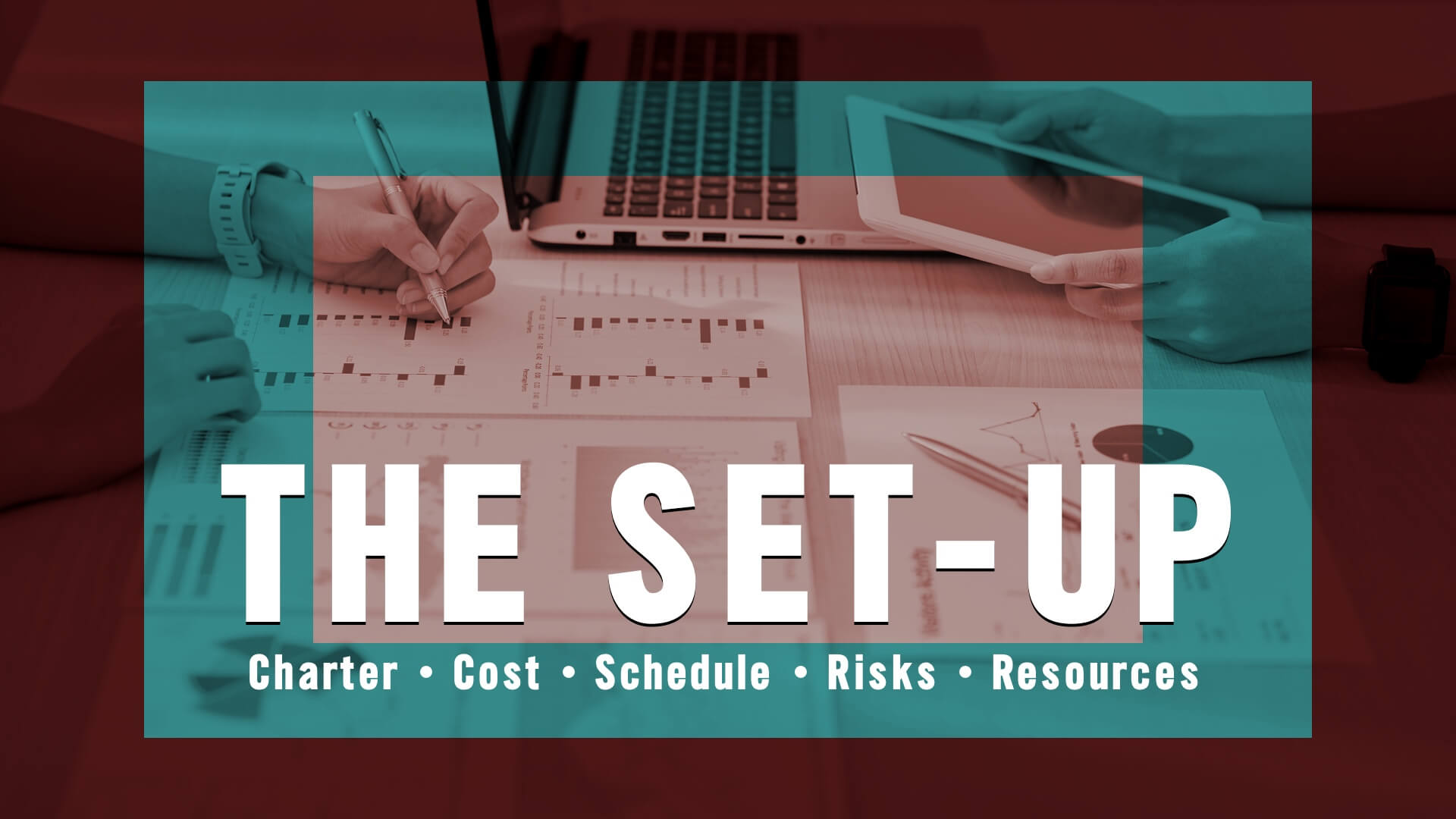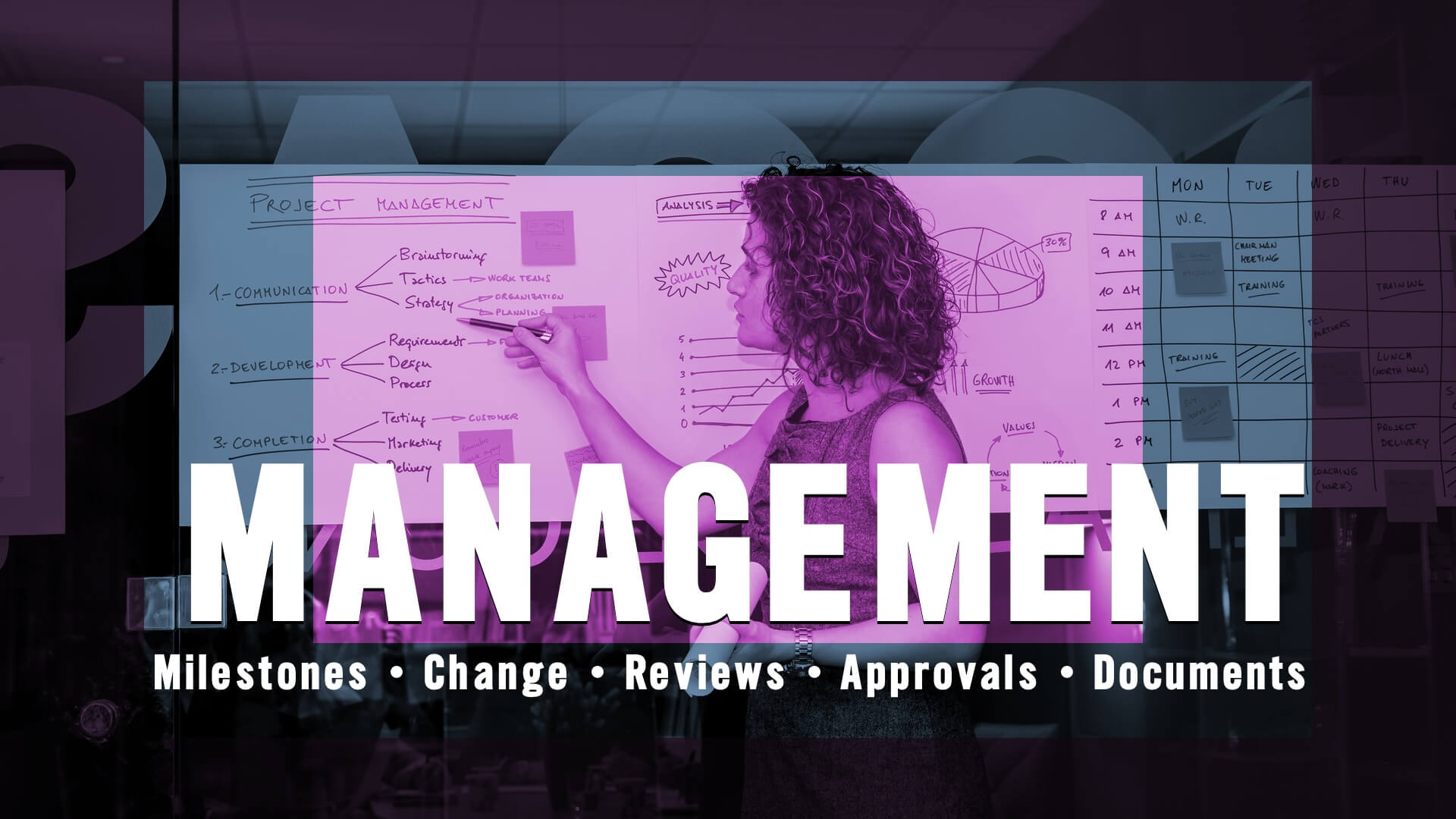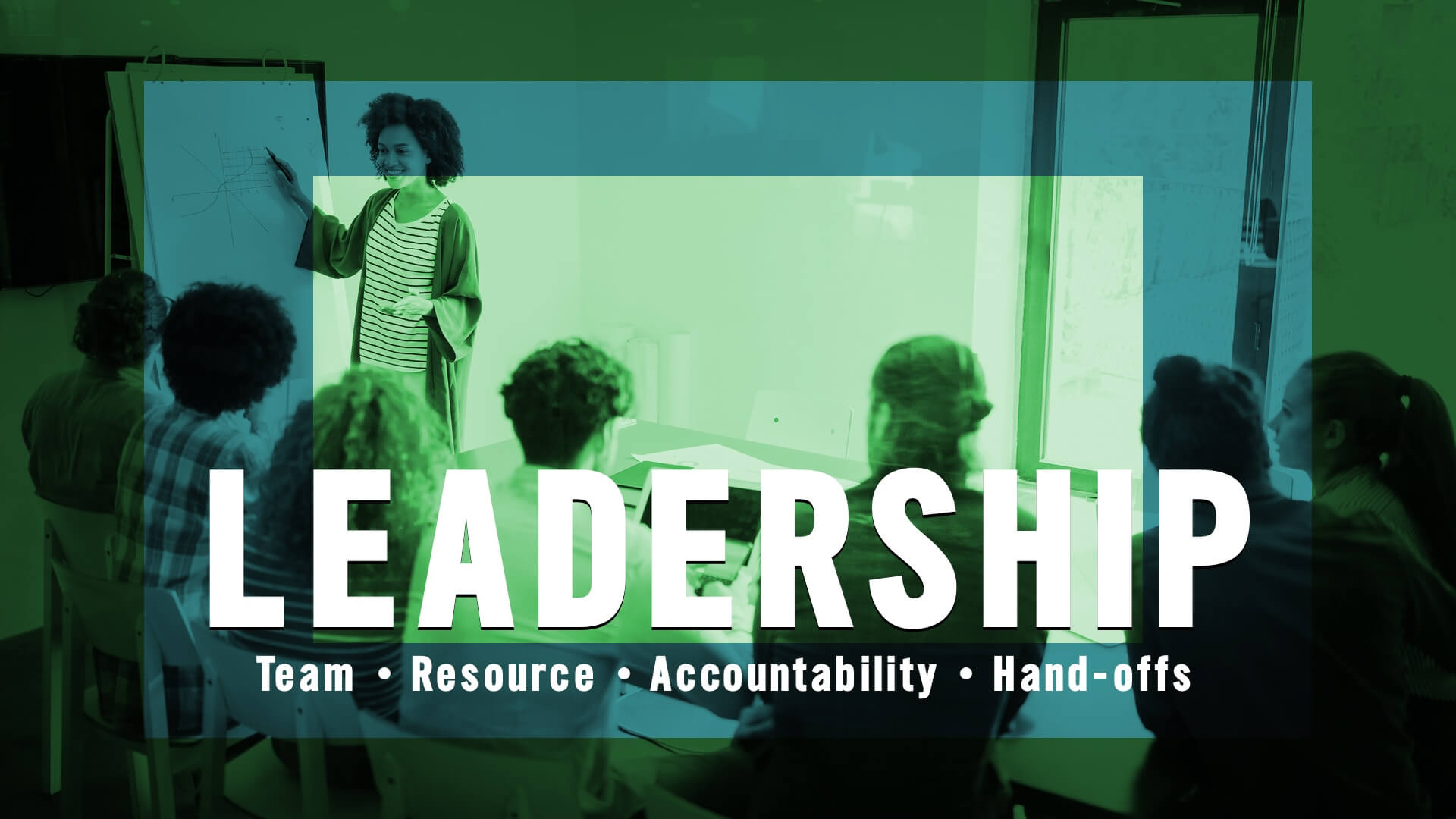Project Execution Plan Knowledge Resources
Water Engineering Technical Services
LA Dept. of Water and Power
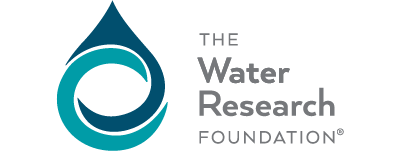
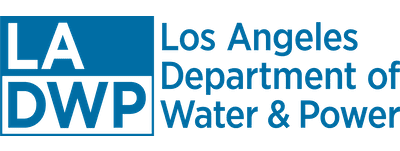
Introduction
Welcome to the DWP Project Execution Plan Knowledge Resources!
This webtool platform provides a framework for learning about implementing Progressing Design-Build (PDB). It follows a best-practices Project Execution Plan (PEP) structure that addresses design and construction delivery activities of a project, including setting up a project for success, technical and managerial aspects of PDB delivery, and other resources.

What is a PEP?
A PEP, or Project Execution Plan, sets out the strategy for managing and delivering a project. It is a formal document appointing and recognizing the authority of the project leaders to engage resources and execute tasks in order to achieve a defined objective. A PEP also describes who does what and how, defining the policies, procedures, and priorities that will be adopted.
The Project Execution Plan framework developed for this webtool platform is distributed over three major sections:
- The Set-Up Section comprises 7 elements that cover various topics related to executing the technical aspects of delivering a project
- The Management Section comprises 7 elements that cover various topics related to managing the execution of a project
- The Leadership Section comprises 7 elements that cover various topics related to managing the resources involved in the execution of a project
How to use this Webtool Platform
Past research has proven that a key factor in successful organization adoption of new project delivery process and tools is proper training. To best meet the training needs of DWP, a training framework predicated on the insights gained through the research was developed. This webtool platform follows the developed training framework and is comprised of learning content (slide decks), informational resources, and guides/manuals/examples for each PEP element (21 total elements).
The platform also includes a PEP Library. The PEP Library is a compilation of various project execution plans, guides, and manuals available for DWP personnel to aid them in performing their daily tasks. It includes examples of how different organizations globally have developed execution frameworks for optimizing their project delivery approaches.
This resource is built to be used both before and during a PDB project (or any type of project where planning and coordinating the project team and activities is beneficial).
Note: DWP access to some articles may require additional purchases/subscriptions to the publishing organizations.
Research Methodology
Building upon the hands-on support for implementation and adoption of design-build within WETS and its initial project, and following a review of current processes, practices, protocols, and available information (as well as considering available historical information), the research focused on developing a knowledge structure for furthering future adoption of alternative project delivery methods (specifically progressive design-build (PDB)).
To this end, an implementation tool (named a Project Execution Plan) for PDB was developed to provide a set of specific practices, guidelines, roles and responsibilities, and resources for DWP personnel to potentially utilize while executing projects in an alternative project delivery framework.
Due to the COVID-19 pandemic and the resultant reduction of the PDB project being executed during this research’s project schedule, the original research methodology and training goal was modified to still allow for the research deliverables to be achieved despite not having five or more DWP projects to explore as originally planned and without being able to meet in-person. Consequently, the research expanded its initial scope of PDB topic considerations and used a combination of various methodologies that incorporate both a comprehensive review and consolidation of information as well as generative new data sources, including:
- Available archival research and publications
- Professional organizations and technical resources
- Cross-Functional Industry Best Practices
- Expert Interviews
- Design-Build and Progressive Design Build contractual information, case studies, and sourcebooks
- Standards & Manuals
- Past project records and documents
A Delphi Panel (Expert Panel) comprised of industry executives and subject matter experts was still employed as originally planned. A four-iteration approach was used, affording consensus after initial analysis followed by three iterative reviews and interviews. All data were collected in an individual setting to minimize bias and afford maximum perspective and validity in the outputs.
The resultant webtool platform contains substantial training content, resource libraries, over 100 PEP examples, and links to additional information.
PEP Library
City of Nebraska KCP&L Electric Transmission Line PEP
Cork County Road Improvement & Sustainable Transport
DHDS Stab Bottoms Pumps Reliability Improvements PEP
ELK Rapids Wastewater Treatment Plant
FDOT I-595 Corridor Improvements PMP
FTA Dulles Corridor Metrorail PMP
Laguna Beach Sewer System Management Plan
Lake Oswego Water Treatment Plant
MWDOT St Croix River Crossing Project PMP
Rossmoor-Los Alamitos Area Sewer System Management Plan
San Francisco Public Utilities Commission HCIP CMP
San Joaquin River Pipeline Crossing De-Cx PEP
Sandia National Lab Sewer System Management Plan
Shell Heavy Oil Quest CCS Project PEP
State of Washington Albion WWTP QA Project Plan
USDOE On-Site Waste Disposal Facility PEP
Brookhaven National Lab CFR Project PEP
City of Oakland Logistics Center
Coke Drum Interim Bottom Head Safety Improvement PEP
Cricket Valley Energy Center PEP
Idaho National Lab Advanced Reactor Tech PMP
Idaho National Lab Next Gen Nuclear Power Plant
Kansas City Plant Responsive Infra Manufacturing PEP
Los Alamos National Lab Emergency Operations Center
Los Alamos National Lab NNSA CMRR Project PEP
Los Alamos National Lab NNSA CMRR REI2
McArthur River Mine Open Cut Project Major Civil Works PEP
Mid-Barataria Sediment Diversion HDR
Nevada Environmental Restoration Project
Ocean Observation Initiative v3-06 PEP
Ocean Observation Initiative v3-31 PEP
Oxford City Council Affordable Homes Program
Pacific Booker Mineral Morrison Copper Gold PEP
Samsung Engineering Texas LNG Feed Project PEP
The State of Jersey Future Hospital Project PEP
Thomas Jefferson National Accelerator Facility Utility Infrastructure Modernization PEP
Thyspunt Nuclear Siting Project PEP
Tropical Pacific Observing System PEP
USDOE MCSC Project (W-135) PEP
USDOE Plutonium Stabilization and Handling PEP
USDOE River Protection Project PMP
BC Hydro Power Smart Clean Energy PEP
City of Albuquerque Water Quality Protection and Action Plan
City of LA Mesa Sewer System Management Plan
City of LA Sewer System Management Plan
City of Missoula WW Facility Plan
City of Soledad Wastewater Management Plan
Magino Project Waste Management Plan
Memphis White River Basin Watershed PMP
NNSA Physical Sciences Facility PEP
US Army Corps of Engineers GLMRIS PMP
US Army Corps of Engineers Program Management Plan
US Army Corps of Engineers Tiered Environmental Assessment Hawkeye Pipeline Maintenance
City of Dallas Water and Wastewater Procedures and Design Manual
Cornell University- Facilities Project Management Guide
DOD Earned Value Mgmt System Interpretation Guide
DOD Operation of Defense Acquisition System
Federal Highway Administration Project Management Plan Guide
General Construction Management Plan Template
Project Management Plan Guide Strategic Capital Infra Federation University Australia
Texas Project Delivery Framework Portfolio Management System
